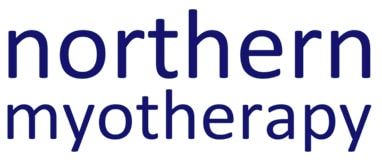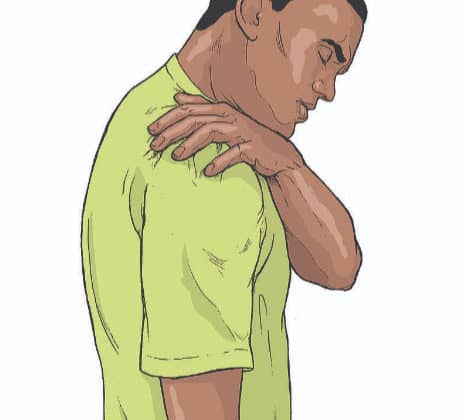Neck Pain and Myotherapy

What is neck pain?
Okay, so it might sound like a bit of a stupid question, but hear us out. Yes, neck pain at the most basic level is quite literally a pain in the neck, but it can present itself in a number of ways. Rather than the constant, dull burning that we’ve all experienced at some stage in our lives, it might only rear its head when you try to turn your head in a particular way, or quickly sweep through your full range of movement.
Likewise, any creeping headaches that begin at the base of the skull or the temples might actually be neck pain, rather than something originating in the skull. Ultimately, neck pain can present and disguise itself in a number of ways.
Who is more at risk?
Again, answering the question of who is at risk from neck pain is complicated because there are so many correct answers. Do you go to sleep at night? We hope not, because then you’re at risk of waking up with a stiff or sore neck when you wake up.
In all seriousness, office workers who spend much of their day confined to a desk are at an increased risk as the shoulders can tend to slope or close when seated for extended periods. The result of this is that the neck endsup jutting out towards the screen, which places heightened strain and loads on certain muscles.
Finally, everybody needs to accept that there is just an element of risk involved by going about your everyday. If you spend an evening slobbed out on the couch, the positioning of your head could cause problems. Similarly, if you’ve recently changed your mattress or pillows, you might experience twinges as the body acclimatises.
Is it something to be concerned about?
For the vast majority of people, neck pain will be experienced as an inconvenience rather than a life altering impediment. That said, if your pain has been caused by an isolated incident (such as whiplash from a particularly nasty car crash or a concussion) then you need to see a specialist immediately to ensure it’s not indicative of something else.
If your neck pain is on the gentler side, and most likely the result of repeated actions or postural problems, then there’s no need to get that will signed just yet.
So what can a myotherapist do to help?
As is often the case for injuries that are accumulative, or the result of a mystery behaviour, a myotherapist is going to be able to promptly identify what could be the cause of your problem. Whether your posture is doing you no favours, or that stack of pillows at the head of your bed is placing you in an unnatural position, your first step to treatment is knowing what’s causing you the problem.
Once a cause has been identified, a qualified myotherapist will be able to advise you on a range of preventative measures. Relief from your symptoms can then become the focus. A range of techniques such as a tailored stretching program, massage, dry needling and even exercise guidance are your best friend at times like these.
For more myotherapy and massage questions and concerns, contact Northern Myotherapy at 03 9078 9953.







